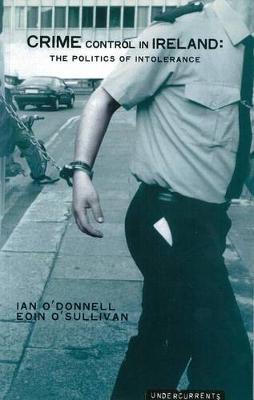Undercurrents S.
1 total work
Public and political interest in issues of crime and punishment in Ireland has grown substantially in recent years. However, the debate tends to be poorly informed and rarely rises above the level of hollow rhetoric. This is an area where important decisions are made in a vacuum. Rhetoric and reaction, rather than reason and principle, are the primary forces shaping criminal justice policy.
Over the past five years the official crime rate has declined sharply. This has been offered as support for the politics of zero tolerance. However there is a range of alternative explanations which are rarely discussed but equally plausible. The reduction in recorded crime has been accompanied by a major redirection of criminal justice policy.
The War on Crime explores why a punitive political consensus has emerged at a time when, according to the Garda statistics, society has become much safer. The book provides a radical critique of criminal statistics, locates Irish crime patterns in a European context and suggests a new framework for analyzing trends in crime and its management.
Over the past five years the official crime rate has declined sharply. This has been offered as support for the politics of zero tolerance. However there is a range of alternative explanations which are rarely discussed but equally plausible. The reduction in recorded crime has been accompanied by a major redirection of criminal justice policy.
The War on Crime explores why a punitive political consensus has emerged at a time when, according to the Garda statistics, society has become much safer. The book provides a radical critique of criminal statistics, locates Irish crime patterns in a European context and suggests a new framework for analyzing trends in crime and its management.
